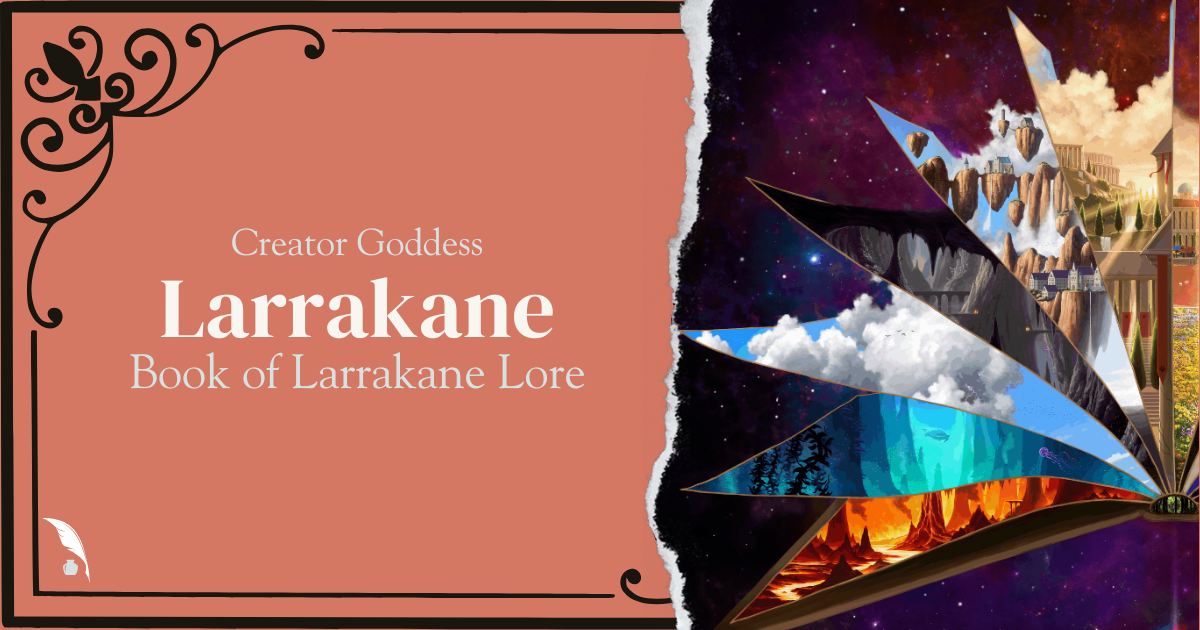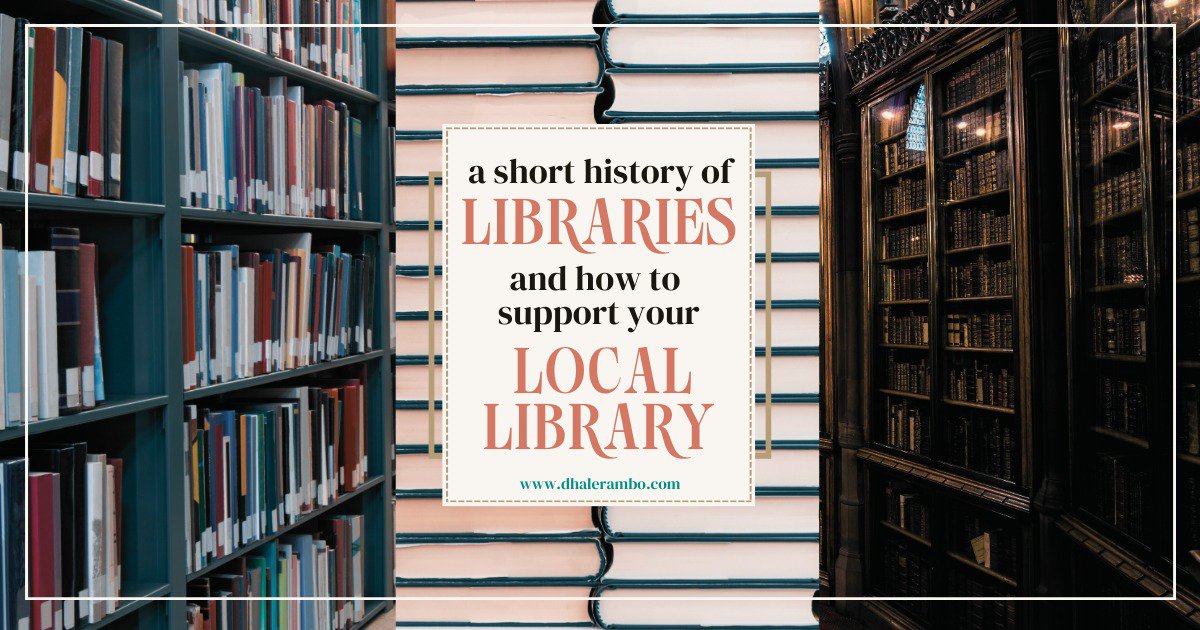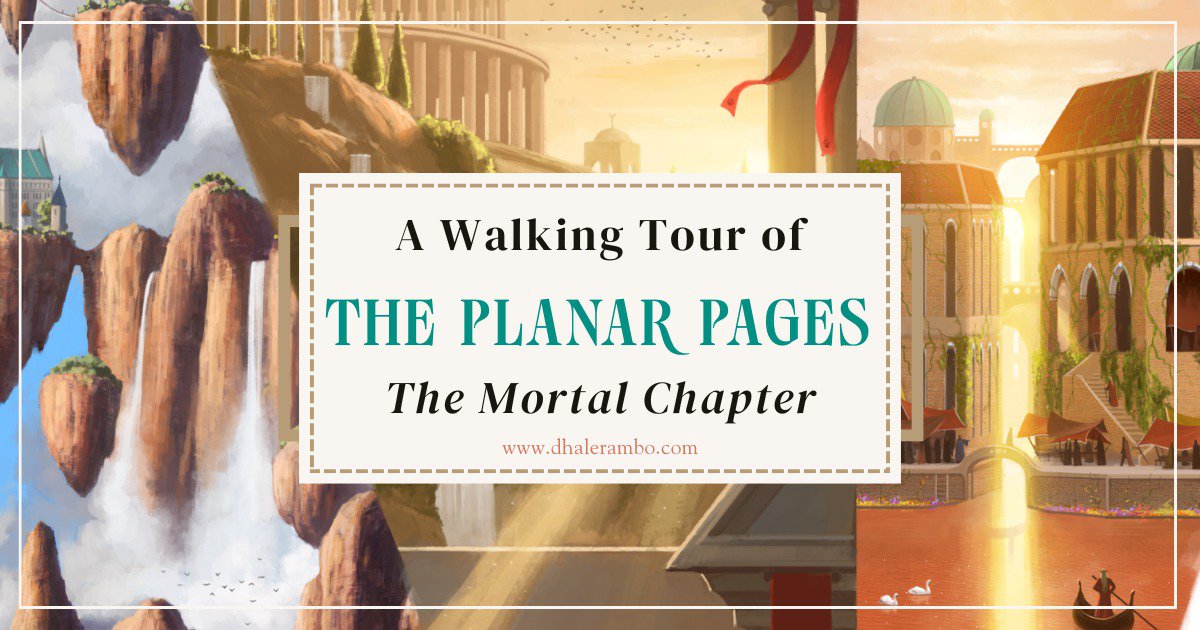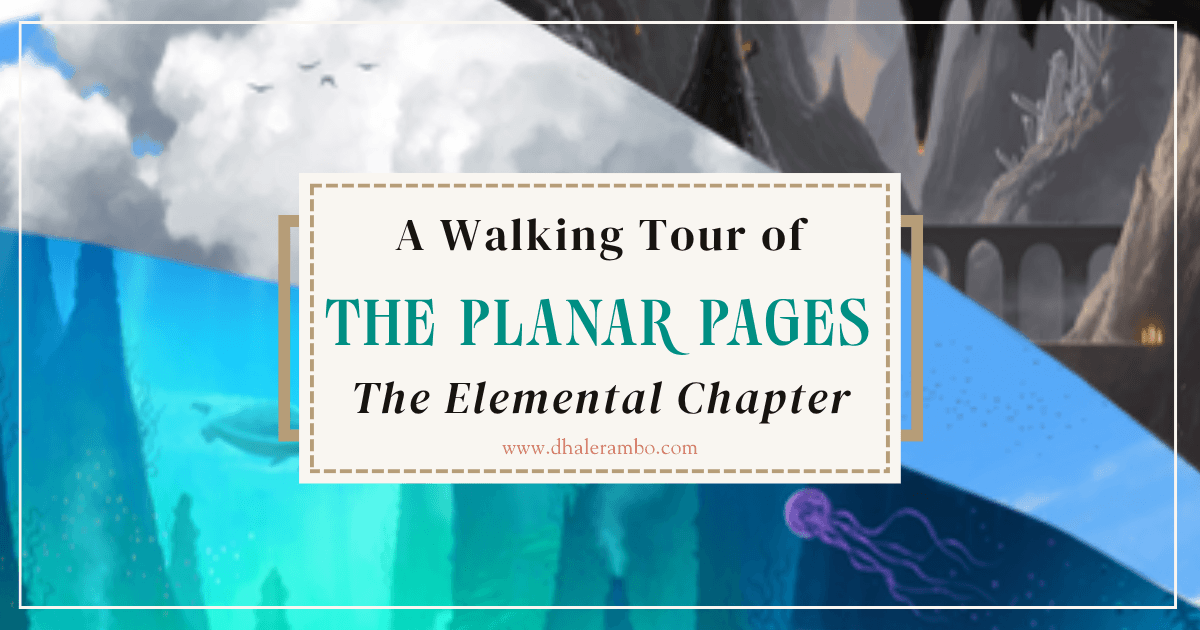
Note: It feels almost blasphemous to keep a record of the Goddess. And yet, as doubtlessly the most powerful force in existence, not recording what

Libraries are far older than books. Long before the first hardback, libraries were repositories of knowledge. Come take a wander with me through history to learn more about libraries and how vital they’ve always been.
If you visited your nearest library in ancient times you’d likely be pretty tired, because they were few and far between. You’d also be reading from clay tablets recording information like commercial transactions. If you were lucky enough to be in Ancient Egypt, you might have access to more interesting reading material, like the earliest recorded myths.
For the first community-run public library, we head over to 1452 and The Biblioteca Malatestiana in Cesena, Italy. Founded by a commission from the Lord of Cesena, Malatesta Novello, the library was custom-built. Collections are still housed there today, with many of the books still chained to the lecterns.
From handmade books to illuminated manuscripts, and the early days of the printing press, books were expensive. People who wanted to read but couldn’t afford to buy every new book would borrow them.
For a yearly subscription, you could borrow books from a lending library for a set amount of time with fees for late returns. Sound familiar? Circulating libraries were very popular in the Regency period, especially amongst avid readers like Jane Austen.
After 1850, circulating libraries gradually closed when books became cheaper and more free public libraries began to open. Most public libraries built before the 1920s were paid for by wealthy individuals.
The first and oldest public library in the United States is the Franklin Public Library in Massachusetts. It was founded in 1790 when Benjamin Franklin donated 116 books for the local inhabitants to access free of charge.
Between 1883 and 1929, wealthy industrialist Andrew Carnegie used $56 million to build 2,509 libraries across the English-speaking world. Many are still in use today.
A free library isn’t free to run. They are usually paid for through taxes. The first modern library financed by tax was the Peterborough Town Library established in 1833 in Peterborough, New Hampshire, USA.
In 1852 the opening of the first free public library in Britain was such a welcome event that it was attended by the authors Charles Dickens and William Thackeray.
Today, the relationship between libraries and authors is still a close one and symbiotic! Libraries host author events, which can lead to an uptick in library visitors and book sales.
When you borrow a book from a library in Canada or the UK, the author earns money. In the United States, traditional and indie published authors only get royalties when their book is purchased for the library collections.
Libraries are places of discovery. You can help other patrons discover your favorite author by asking your library to buy a copy (or three!) of their books. This means more readers will discover the book, the author and some might even choose to buy their very own copy.
Visit your local library to discover what new adventures await you!

Note: It feels almost blasphemous to keep a record of the Goddess. And yet, as doubtlessly the most powerful force in existence, not recording what

Welcome back to The Book of Larrakane Walking Tour. After touring The Elemental Chapter we’re continuing to follow in the steps of Investigator and page

Welcome to The Book of Larrakane Walking Tour. We’ll be following in the footsteps of famous investigator and page turner, Fiona Thorne.
Sign up now and delve straight into the wondrous worlds of D. Hale Rambo with a FREE ebook – HIDDEN WORDS! Plus get news on upcoming projects, giveaways, and more!